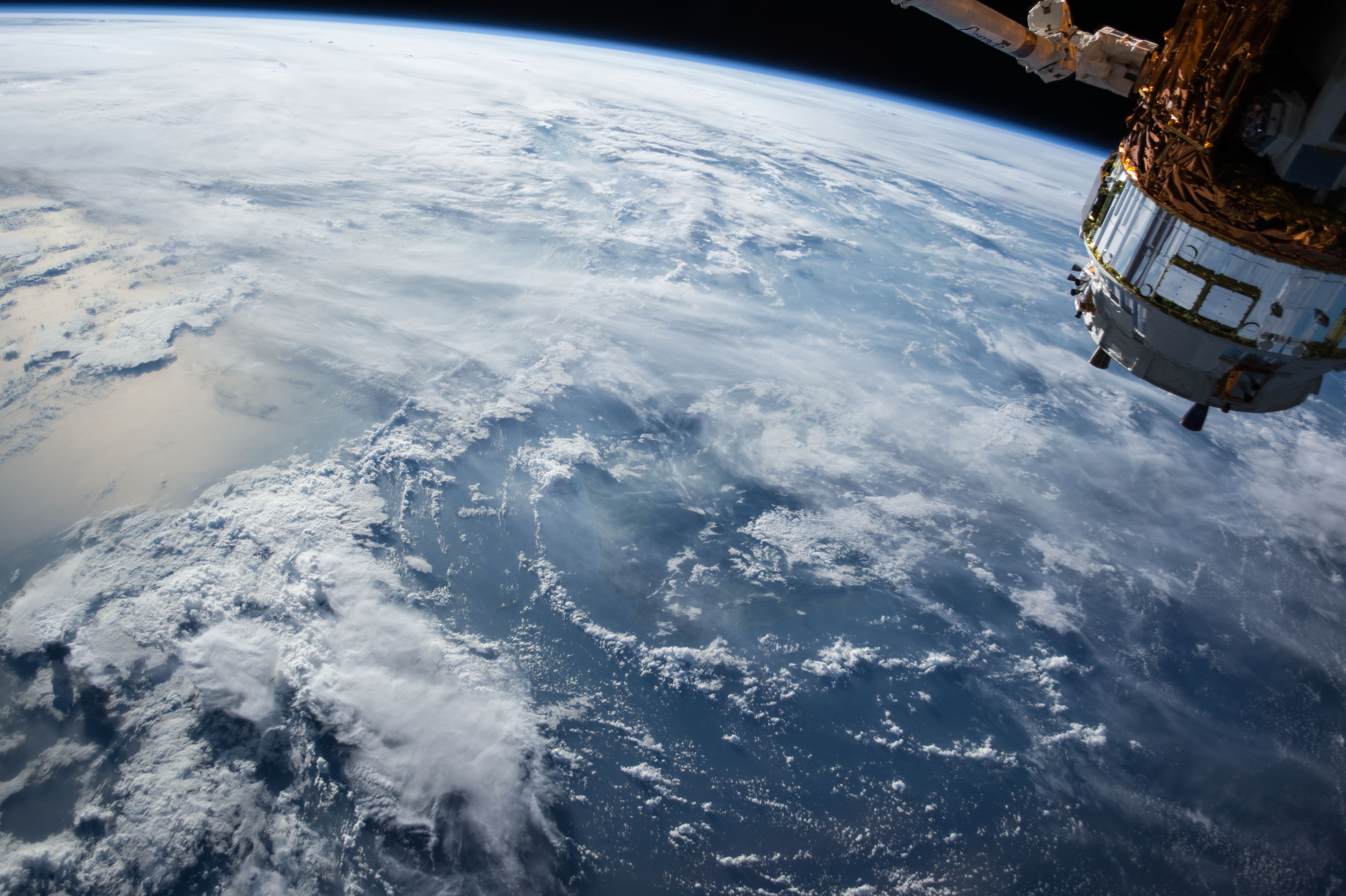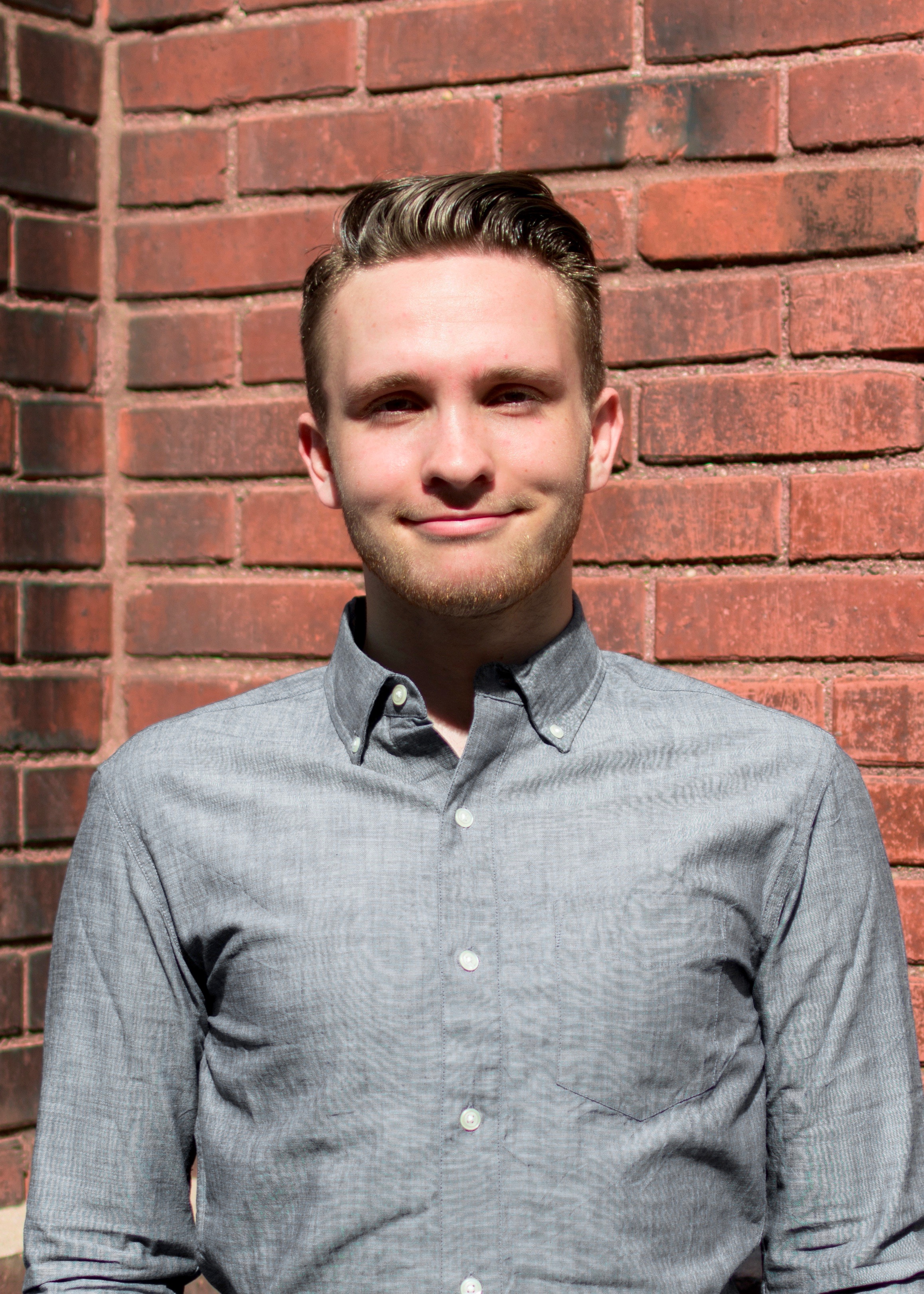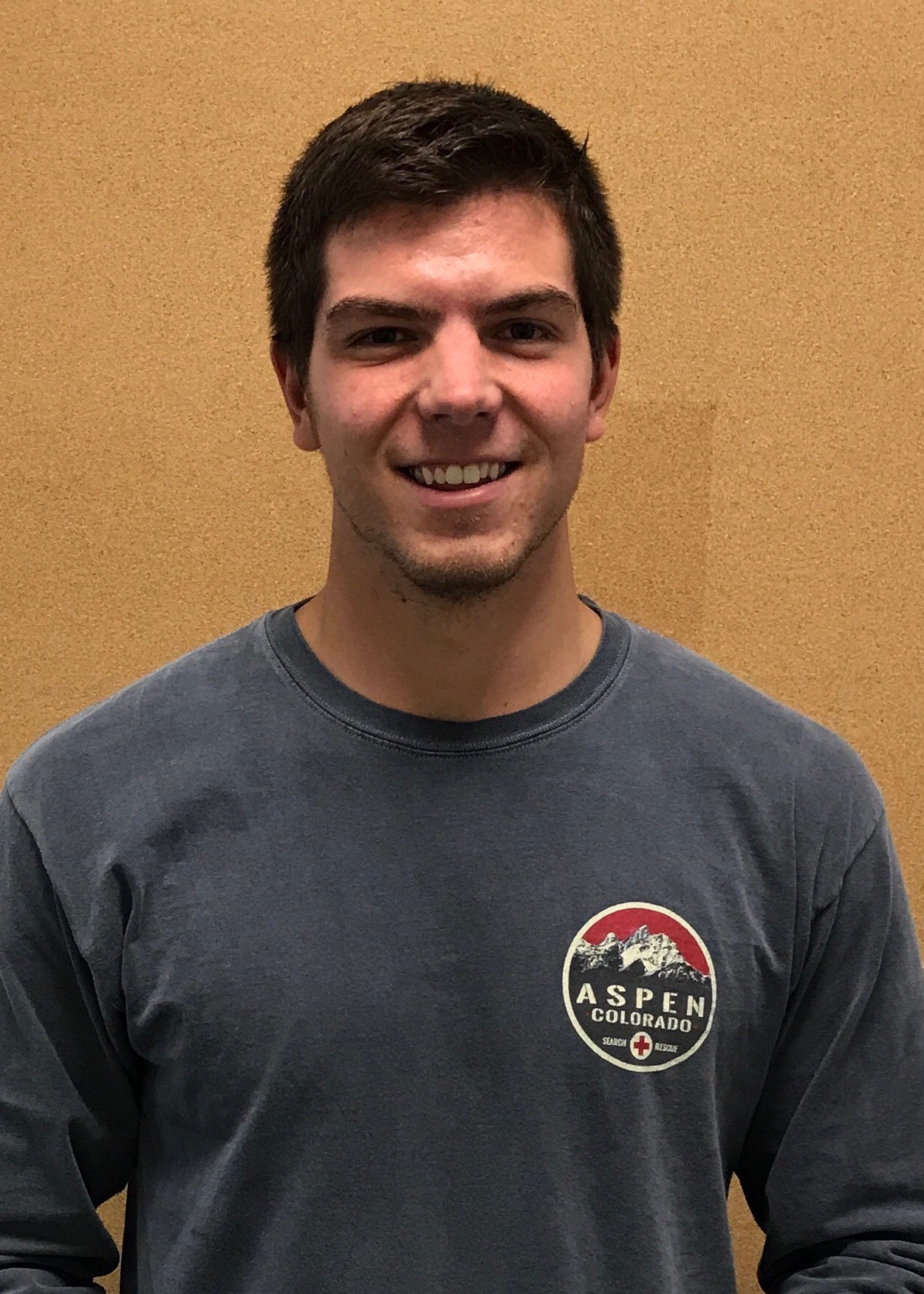
The Iowa Space Grant Consortium (ISGC) will enhance the research of Zachary Robole (chemistry ’19) and Miles Lucas (physics ’18) through a competitive undergraduate research scholarship.
As part of NASA’s National Space Grant College and Fellowship Program, the ISGC works to improve and inspire Iowa’s future in Science, Technology, Engineering and Math (STEM) by supporting aerospace research, education and outreach activities for Iowans.
The undergraduate research scholarship supports outstanding students who are pursuing research in STEM disciplines that also support NASA’s mission. Recipients enroll in an independent study course in both fall and spring semesters.
Lucas became interested in astronomy in 2013 after meeting astronomers at the Kavli Institute for Particle Astrophysics and Cosmology at Stanford University and chose to pursue the discipline at Iowa State University.

“The best opportunities I have had as an undergraduate have been from direct connections with faculty in my department,” Lucas said. “These connections and experiences will be invaluable as I look to graduate school and further.”
He is currently assisting Massimo Marengo, associate professor of physics and astronomy, to develop modeling techniques that can take data from NASA’s Near InfraRed Disk Survey (NIRDS) and use it to discover asteroid belt analogs in planetary systems, leading to more information on the system physics and dynamics.
“To accomplish this, I am working on the development of an open source statistical modeling technique in Python,” he said. “This technique is known as the Feldman-Cousins method and will help us fit certain complex models to astronomical data that is well suited for this method.”
Lucas said the goal is to have a fully-featured package in the Python programming language that can be used for a variety of appropriate models and to contribute the open-source code to the JWST AstroPython software package.
Lucas also assists Matthew Wetstein, assistant professor of physics and astronomy, on the ANNIE collaboration researching neutrinos.
Robole applied for the ISGC scholarship after reading a paper on how the molecule catechol can help improve efficiency in biofuels, an area of interest to NASA, and making it the focus of his undergraduate research project.

“What I am working on is a better way to control the oxidization from one form to the other form,” he said. “Then we could make a better additive that could further increase biofuel efficiency.”
Last summer Robole conducted undergraduate research with Brett VanVeller, assistant professor of chemistry. By working in a professional lab setting alongside Iowa State graduate students, he not only learned how to use more advanced research tools but also gained a better understanding of graduate school.
“I had no idea what graduate school entailed before I started talking to the graduate students in the VanVeller Lab,” he said. “They have all been extremely helpful.”
Robole was interested in medical school following graduation. Now inspired by his chemistry research experience, he is also exploring dual Ph.D./M.D. graduate programs.